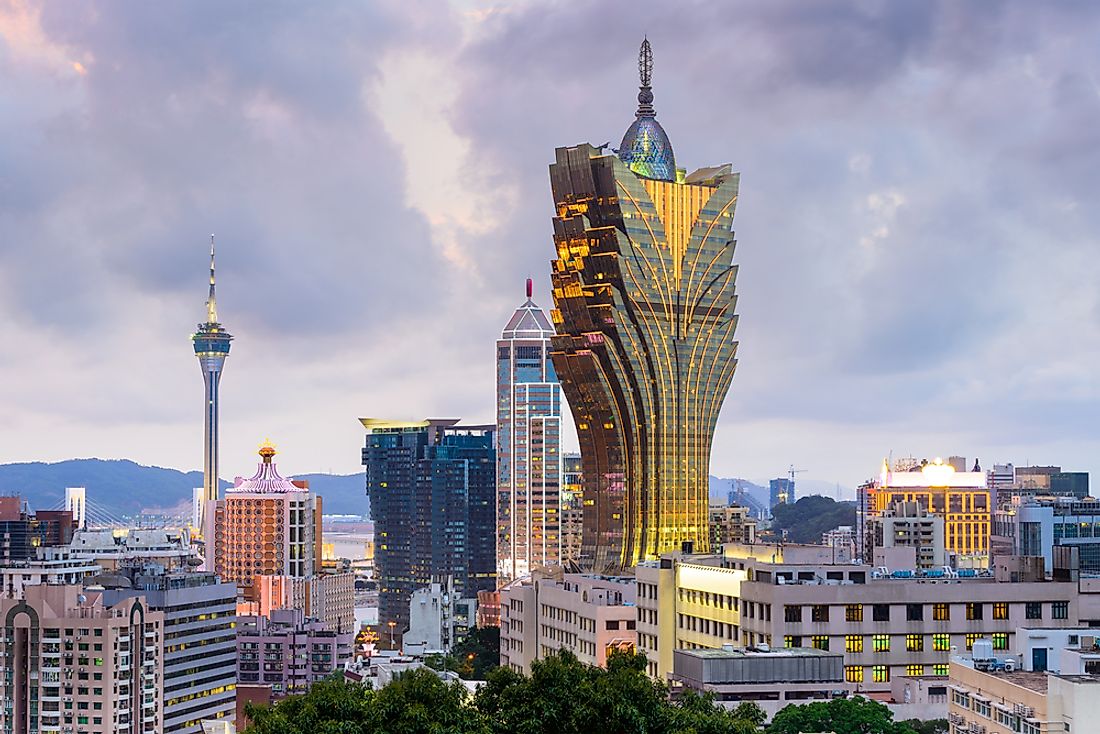Who Governs Macau?

Government Of Macau
Under the Joint Declaration on the Question of Macau and the Macau Basic Law, Macau has been established as a Special Administrative Region (SAR) of the People’s Republic of China, valid until at least the year 2049. This distinction is the highest level of autonomy at a provincial level under the Central People’s government. Both the government of China and the Chinese Communist Party have less involvement in the government of Macau than in other provincial governments, as Macau is financially independent of the Central People’s government and administers its own public security, customs, legal system, immigration policy, and government. The government of Macau is administered by the Chief Executive, Executive Council, and Legislative Council. This article takes a closer look at each of these branches.
History Of The Government of Macau
In 1557, Macau was temporarily leased to Portugal by the Ming Dynasty of China. It was administered by the Portuguese Empire and served as an important trading port for the country. In 1887, Macau became an official Portuguese colony until December 20, 1999, when it was transferred back to the control of China. Macau was the last European colony in Asia.
The Chief Executive Of Macau
The Head of Government in this country is the Chief Executive, who represents the region and is accountable to the Central People’s government. The Chief Executive of Macau is responsible for signing legislative bills into law and carrying out the law through a system of Secretariats (like Ministries). Additionally, the Chief Executive appoints the Legislative and Executive Assemblies as well as court judges. The person in this position is elected through local elections to serve a 5-year term with a limit of 2 consecutive terms. Since December of 1999, Macau has had 2 Chief Executives: Edmund Ho and Fernando Chui.
Executive Council Of Macau
The Executive Council of Macau consists of a group of advisors who work closely with the Chief Executive. This group of government representatives serve as the primary policy writers for this Special Administrative Region. The Chief Executive appoints these individuals, choosing from Legislative Council members, heads of government bodies, and other important public individuals. They may serve on this Council until the Chief Executive’s term ends. The Executive Council members hold the following offices: Security Secretary, Transport and Public Works Secretary, Commissioner of Audit, Administration and Justice Secretary, Commissioner Against Corruption, and Social Affairs and Culture Secretary.
Legislative Council Of Macau
The Legislative Council of Macau, also known as the Legislative Assembly, is made up of 33 members. The Chief Executive appoints 7 of these seats, 14 are directly elected, and 12 are elected by functional constituencies. Functional constituencies are special interest groups who represent the interests of corporations and other organizations.
This governmental body is responsible for creating, changing, appealing, or dissolving the legal regulations of Macau. Additionally, the Legislative Assembly drafts and approves the national budget, which includes taking on debts and writing tax laws. Other functions of the Legislative Assembly include discussing issues of public concern and addressing complaints from Macau residents. As of September 2013, the major political parties that make up this Assembly include: United Citizens Association of Macau (18.02%), Macau Guangdong Union (11.09%), and the Union for Promoting Progress (10.8%).











